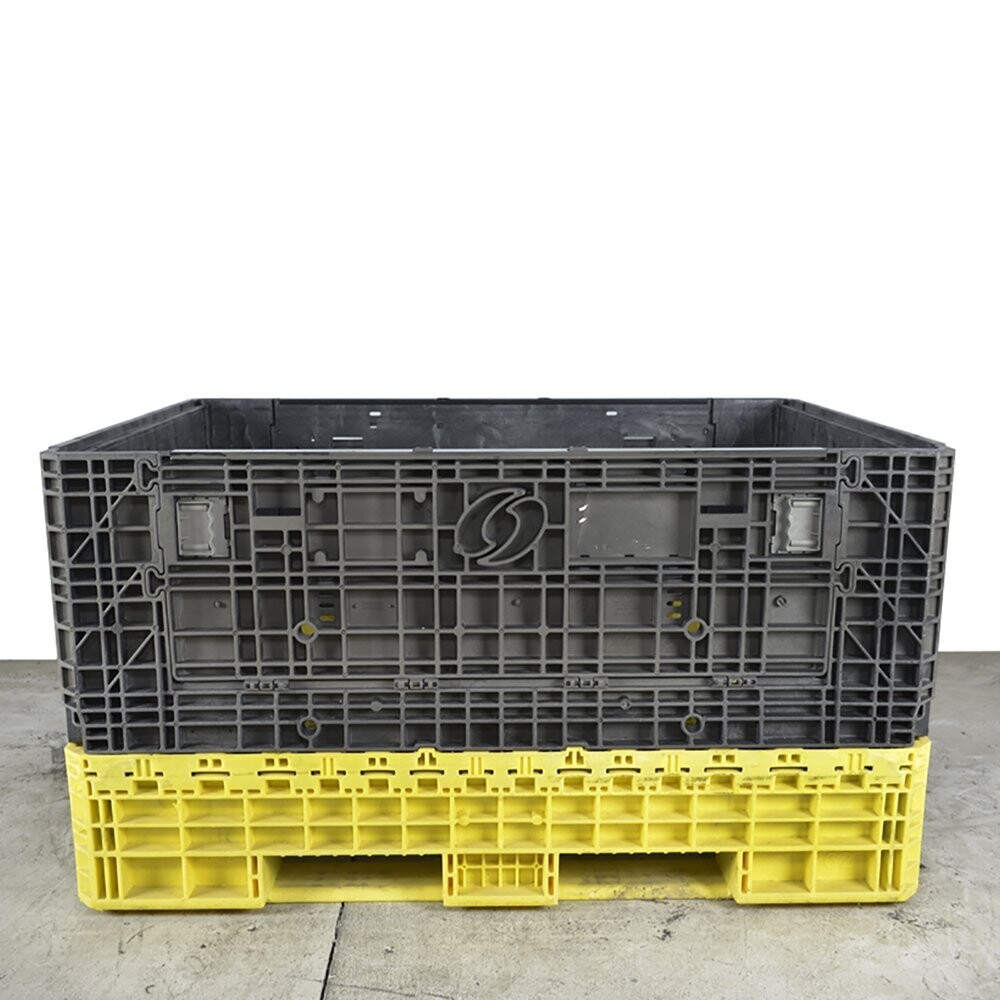Plastic bulk shipping containers are revolutionizing the logistics and shipping industries, offering a durable and reliable alternative to traditional wooden and metal containers. These containers are designed to withstand the rigors of transportation and storage, providing numerous benefits that enhance efficiency, safety, and sustainability. One of the primary advantages of plastic bulk shipping containers is their durability. This robust construction ensures that the containers can endure rough handling and extreme environmental conditions without sustaining damage. Unlike wooden crates, which can splinter and deteriorate, or metal containers that can rust and corrode, plastic containers maintain their integrity over long periods, ensuring the safe transport of goods.

Reliability is another key feature of plastic bulk shipping containers. Their uniform design and standardized dimensions facilitate stacking and efficient use of space, both in storage facilities and during transit. Many plastic containers are designed with interlocking features, which prevent shifting and ensure stability when stacked, reducing the risk of accidents and damage to the goods. Additionally, plastic containers are lighter than their wooden or metal counterparts, which can lead to significant cost savings in shipping, as reduced weight translates to lower fuel consumption and freight costs. The versatility of plastic bulk shipping containers cannot be overstated. They are available in a wide range of sizes and configurations, catering to various industries and applications. From agriculture and food processing to pharmaceuticals and automotive parts, plastic bulk container plastic containers can be customized to meet specific requirements. For instance, containers used in the food industry are often made from food-grade plastic, ensuring they meet stringent hygiene standards and are easy to clean. Some containers come with features like hinged doors, collapsible sides, and lids, providing added convenience and functionality.
Sustainability is a growing concern in the logistics industry, and plastic bulk shipping containers offer a more environmentally friendly option. They are reusable and have a longer lifespan compared to disposable wooden pallets and cardboard boxes. When a plastic container reaches the end of its useful life, it can be recycled and repurposed into new containers or other plastic products, reducing waste and conserving resources. This cycle of reuse and recycling contributes to a circular economy, minimizing the environmental footprint of shipping and logistics operations. Moreover, plastic bulk shipping containers enhance workplace safety. Their smooth surfaces and rounded edges reduce the risk of injuries such as cuts and splinters, which are common with wooden crates. They are also easier to handle, as ergonomic designs can incorporate handles and grips that facilitate lifting and moving. Plastic bulk shipping containers are a superior choice for modern logistics and shipping needs. Their durability, reliability, versatility, and sustainability make them an essential component in efficient and responsible supply chain management.